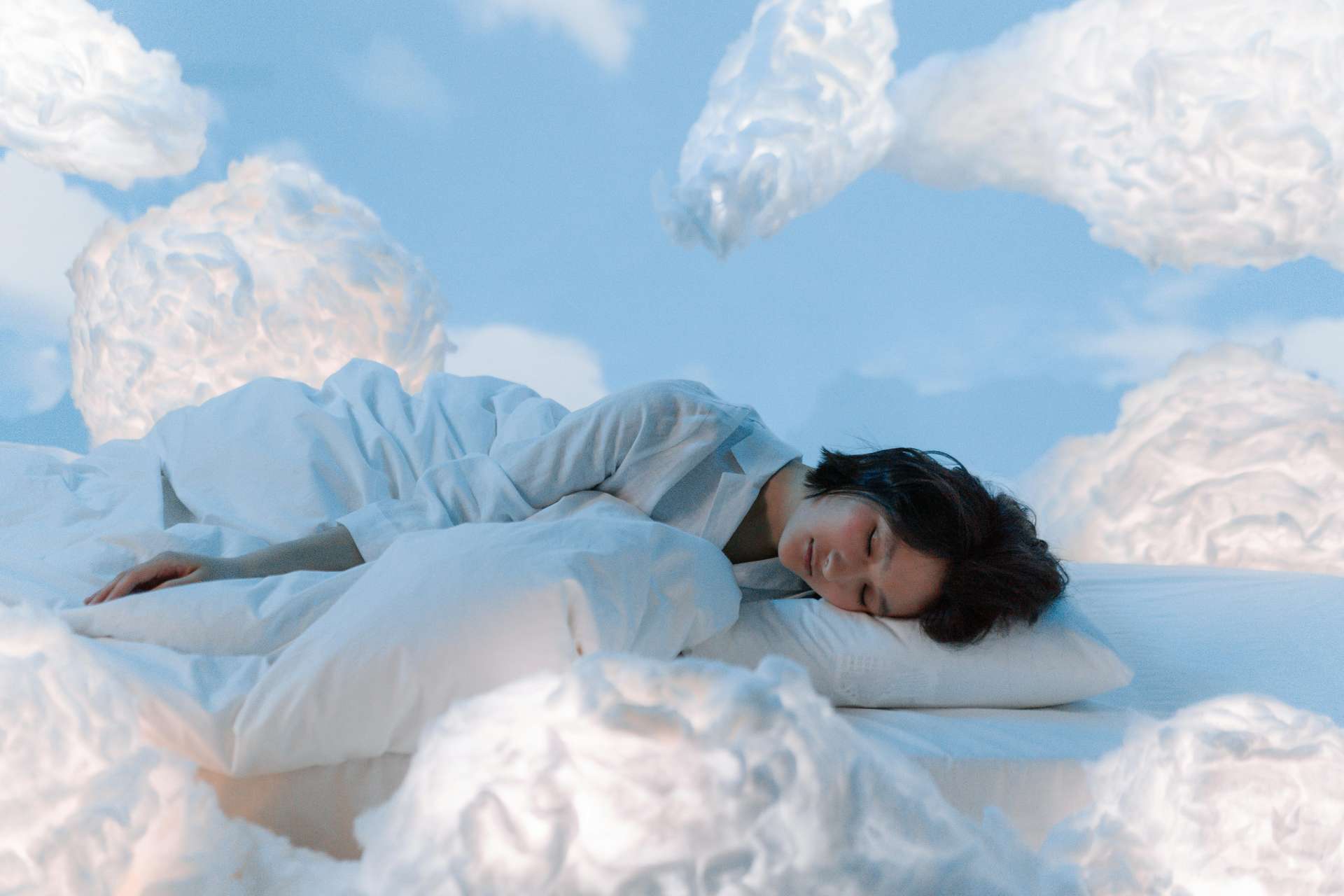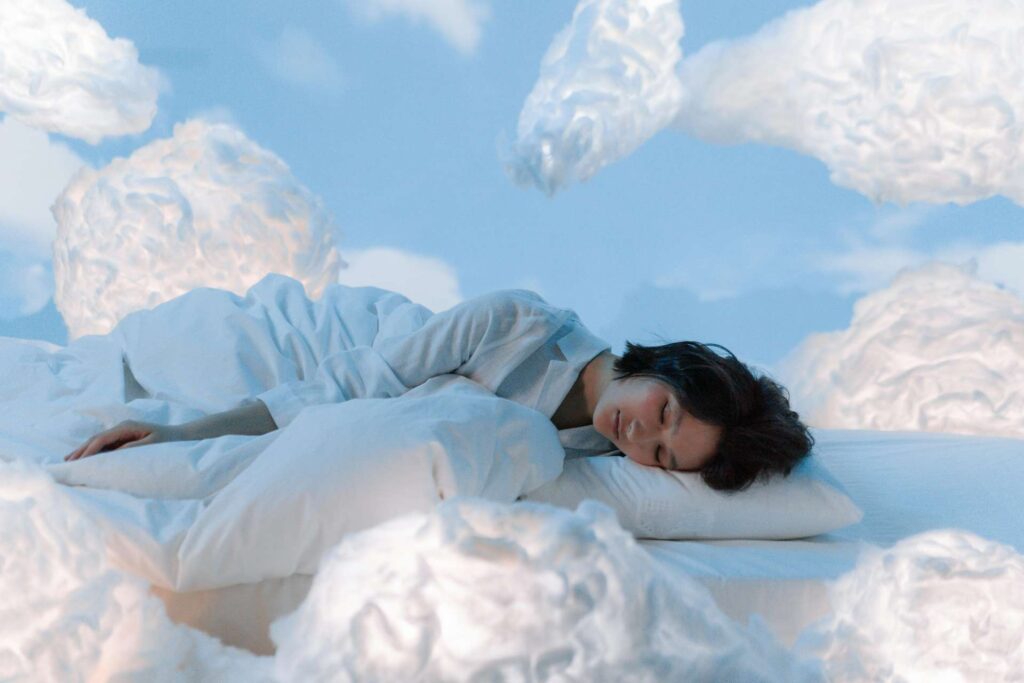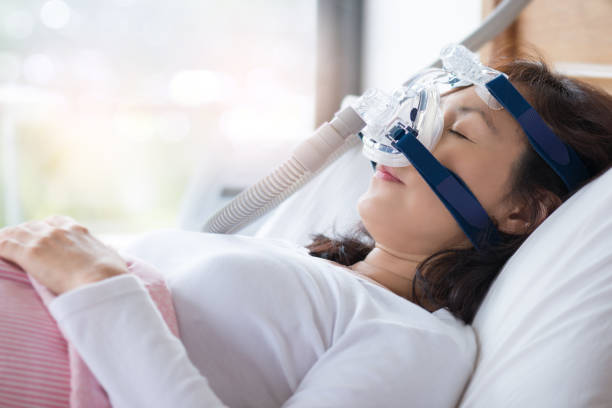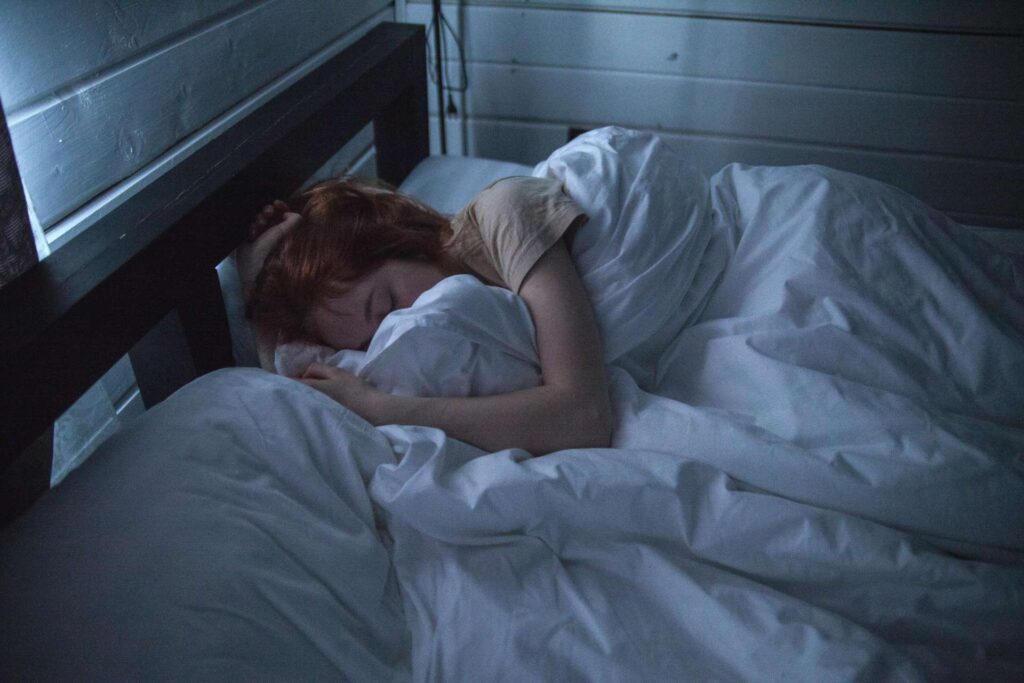
Discover why sleep apnea in women is frequently overlooked, the unique symptoms they experience, and how to get an accurate diagnosis for better sleep and health.
Introduction: The Hidden Epidemic of Sleep Apnea in Women
Sleep apnea is often stereotyped as a condition affecting overweight, middle-aged men. However, research shows that women are just as likely to develop sleep apnea—yet they are 50% more likely to be misdiagnosed or undiagnosed entirely. This oversight can lead to serious health consequences, including heart disease, depression, and chronic fatigue.
This article explores:
- Why sleep apnea manifests differently in women
- Common misdiagnoses (e.g., anxiety, insomnia, or thyroid issues)
- Key symptoms women should watch for
- Steps to getting a proper diagnosis and treatment

Why Sleep Apnea in Women Is Often Missed
1. Atypical Symptoms
While men typically present with loud snoring and gasping, women often experience:
✔ Silent or subtle breathing pauses
✔ Insomnia or frequent nighttime awakenings
✔ Fatigue and morning headaches (mistaken for stress or depression)
✔ Mood disturbances (irritability, anxiety)
2. Gender Bias in Medical Diagnosis
- Doctors are less likely to suspect sleep apnea in women, especially those who are younger or not overweight.
- Women are more frequently diagnosed with mental health conditions (e.g., anxiety, depression) instead.
3. Hormonal Influences
- Menopause increases risk (declining estrogen weakens airway muscles).
- Pregnancy-related sleep apnea (due to weight gain and fluid retention) is often dismissed as normal pregnancy fatigue.

Key Symptoms Women Should Never Ignore
| Common in Men | More Common in Women |
|---|---|
| Loud snoring | Silent or mild snoring |
| Gasping/choking at night | Frequent nighttime urination |
| Obesity as a primary risk factor | Fatigue despite “enough” sleep |
| Daytime sleepiness | Depression or mood swings |
Other Red Flags:
🔹 Unexplained weight gain (linked to poor sleep metabolism)
🔹 Brain fog and memory issues (oxygen deprivation disrupts cognition)
🔹 High blood pressure resistant to medication
How Women Can Get an Accurate Diagnosis
1. Take a Sleep Apnea Screening Test
The STOP-BANG questionnaire (modified for women) assesses risk factors like:
- Chronic fatigue
- Morning headaches
- High blood pressure
2. Request a Sleep Study (Polysomnography)
- In-lab studies are the gold standard.
- Home sleep tests may miss mild cases (less reliable for women).
3. Seek a Sleep Specialist (Preferably Female-Friendly)
- Look for clinics experienced in women’s sleep disorders.
- Bring a symptom diary tracking fatigue, mood, and sleep quality.

Treatment Options Tailored for Women
1. CPAP Therapy
- Smaller, quieter masks designed for women’s facial structures.
- Humidified air to prevent dryness (more common in women).
2. Oral Appliances
- Best for mild to moderate cases.
- Adjusts jaw position to keep airways open.
3. Lifestyle Adjustments
- Sleeping on your side (reduces airway collapse).
- Weight management (even a 10% reduction improves symptoms).
- Hormone therapy (if postmenopausal) (may help restore muscle tone in airways).
5 FAQs About Sleep Apnea in Women
1. Can thin women have sleep apnea?
Yes! While obesity is a risk factor, up to 50% of women with sleep apnea are not overweight. Genetics, hormones, and facial structure also play roles.
2. Does sleep apnea get worse with menopause?
Absolutely. Estrogen helps maintain airway muscle tone, so postmenopausal women have a 4x higher risk of developing sleep apnea.
3. Can pregnancy cause sleep apnea?
Temporarily, yes. Weight gain, nasal congestion, and fluid retention increase airway resistance. Pregnant women with apnea have higher risks of preeclampsia and gestational diabetes.
4. Is sleep apnea linked to depression in women?
Yes. Chronic sleep disruption alters serotonin levels, and oxygen deprivation affects mood. Many women are misdiagnosed with depression before sleep apnea is identified.
5. How do I convince my doctor to test me?
- Track symptoms (fatigue, headaches, nighttime awakenings).
- Ask directly: “Could this be sleep apnea?”
- Request a referral to a sleep specialist if dismissed.
Conclusion: Advocate for Your Sleep Health
Sleep apnea in women is underdiagnosed—but not untreatable. If you’re exhausted despite “sleeping enough,” don’t accept vague explanations like stress or aging. Push for a sleep study, explore treatment options, and reclaim restful nights.
📌 Call to Action: If you suspect sleep apnea, take the STOP-BANG questionnaire today and discuss the results with your doctor.
Sources & Further Reading:
- American Academy of Sleep Medicine – Women & Sleep Apnea
- Harvard Health: The Overlooked Signs of Sleep Apnea in Women
- “The Women’s Guide to Overcoming Sleep Problems” (Dr. Shelby Harris)
Your fatigue has a cause—and with the right diagnosis, better sleep is possible. 💤✨
Leave a Reply